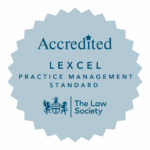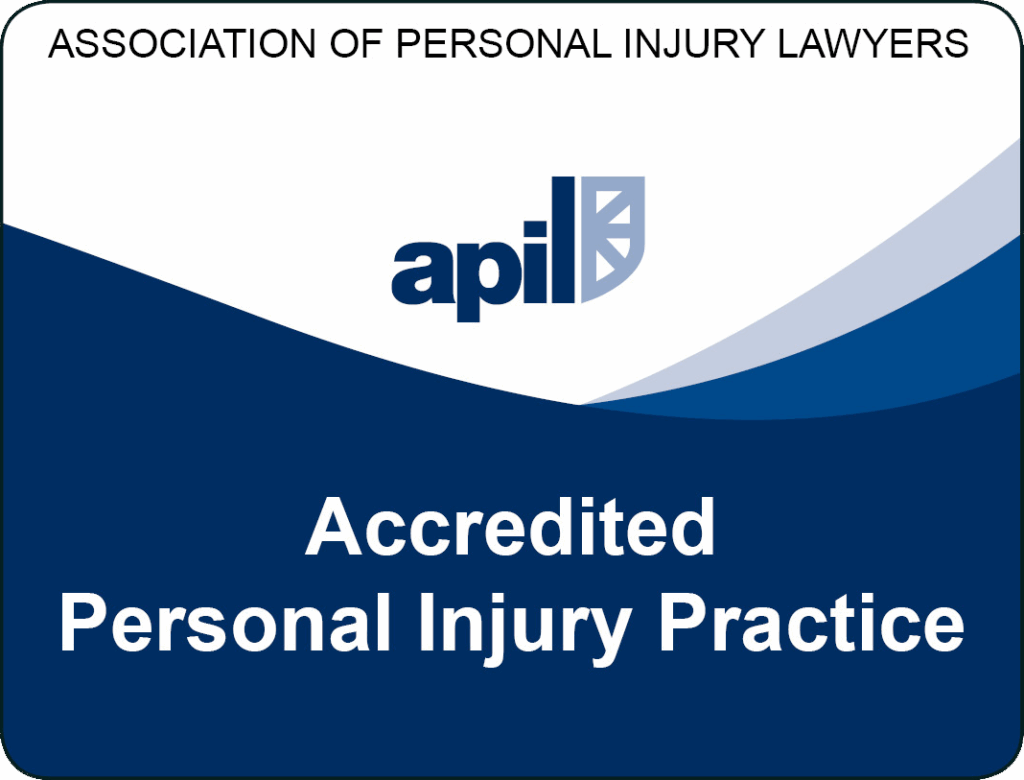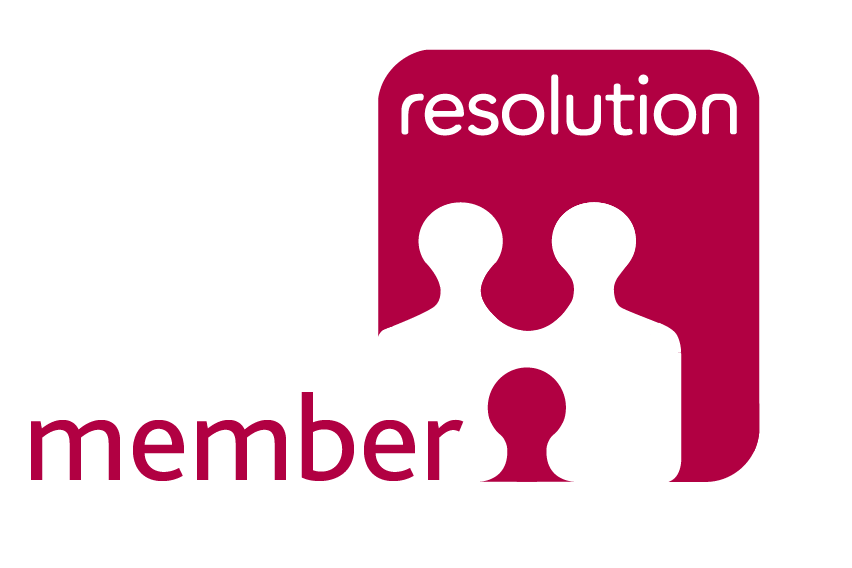Common financial disclosure questions clients ask:
Do I have to provide financial disclosure?
How much disclosure do I need to provide?
How do I know what to disclose?
What are the consequences if I don’t disclose?
Can I avoid disclosure?
What are the advantages of financial disclosure?
When a marriage or civil partnership breaks down, it is a difficult and stressful time for all concerned, and it isn’t simply a case of getting divorced or dissolving your marriage or civil partnership. Dissolution of your marriage or civil partnership does not terminate your spouse’s future financial claims against your assets.
Whether you have modest assets or significant wealth, it is in your interests to ensure that any financial settlement agreed on the breakdown of your relationship is encompassed into a Consent Order.
Financial disclosure is an important process to ensure you can make informed decisions about your settlement options. This is the process where both parties disclose to their spouse details of their interests in property, bank accounts, investments, businesses, pensions, trusts, and liabilities and disclose details of their income resources with supporting documents (such as property valuations, bank statements, business accounts, pension valuations, etc.).
To assist you with the collation of your financial disclosure, you may choose to complete a Form E (Financial Statement). This form can be located on Form E Financial Statement (publishing.service.gov.uk). Guidance notes to complete the form can be found on Form E Notes for Guidance (publishing.service.gov.uk). Form E Notes for guidance (publishing.service.gov.uk) Form E Notes for guidance (publishing.service.gov.uk).
Form E is recommended to avoid one party claiming they were unsure of what they were required to disclose. If you initiated Financial Remedy proceedings in court, you would both be obligated to complete this form. The Form E also provides for both parties to estimate their reasonable future living costs. This assists in determining whether a party may have future maintenance claims.
After the exchange of full financial disclosure, the other party would be given the opportunity to raise questions about the contents of the spouse’s disclosure. There is an ongoing duty of disclosure. This means that each party is obligated to disclose any changes to their financial circumstances even after they have provided their initial disclosure documents.
It is important that you are open and honest and do not try to conceal or dissipate assets. If a settlement has been agreed on false information, it could allow the terms of any agreed settlement to be overturned in the future.
On exchange of financial disclosure, a family solicitor can advise you in relation to your entitlements in relation to:
Spousal maintenance
Child maintenance
Lump sum orders
Property adjustment orders
Investments
Pension Sharing
Pension offsetting
Third-party expert reports
Taxation issues
Should you choose not to exchange financial disclosure, there is a risk you may be giving up entitlements you never knew were available to you.
You may agree to a financial settlement without the exchange of financial disclosure with your spouse. However, you are still required to present any Consent Order to the court (an Order encompassing the terms of your agreed financial settlement) to provide an overview of your financial circumstances at that time. In this situation, you are required to complete Form D81 (Statement of Information for Consent Order). This form provides a summary of the parties’ financial positions, including their capital, liabilities, pension, and income at the time of filing the Consent Order at Court and after implementation of the terms of the Consent Order. Form D81 will require each party to sign a Statement of Truth. If you purposefully misrepresented your financial position on the form, you could be held in contempt of court, the punishment for which may be a fine or imprisonment. The Judge requires this form to be completed so they can ensure the order they are being asked to approve is not unfairly prejudicial to one party.
Navigating your way through a divorce and financial settlement is understandably a daunting task. At Hatch Brenner, we have the expertise, compassion, and understanding to help you navigate the disclosure and negotiation process and secure the best possible outcome for you and your future.
Contact the Family Team at Hatch Brenner on 01603 660811.





